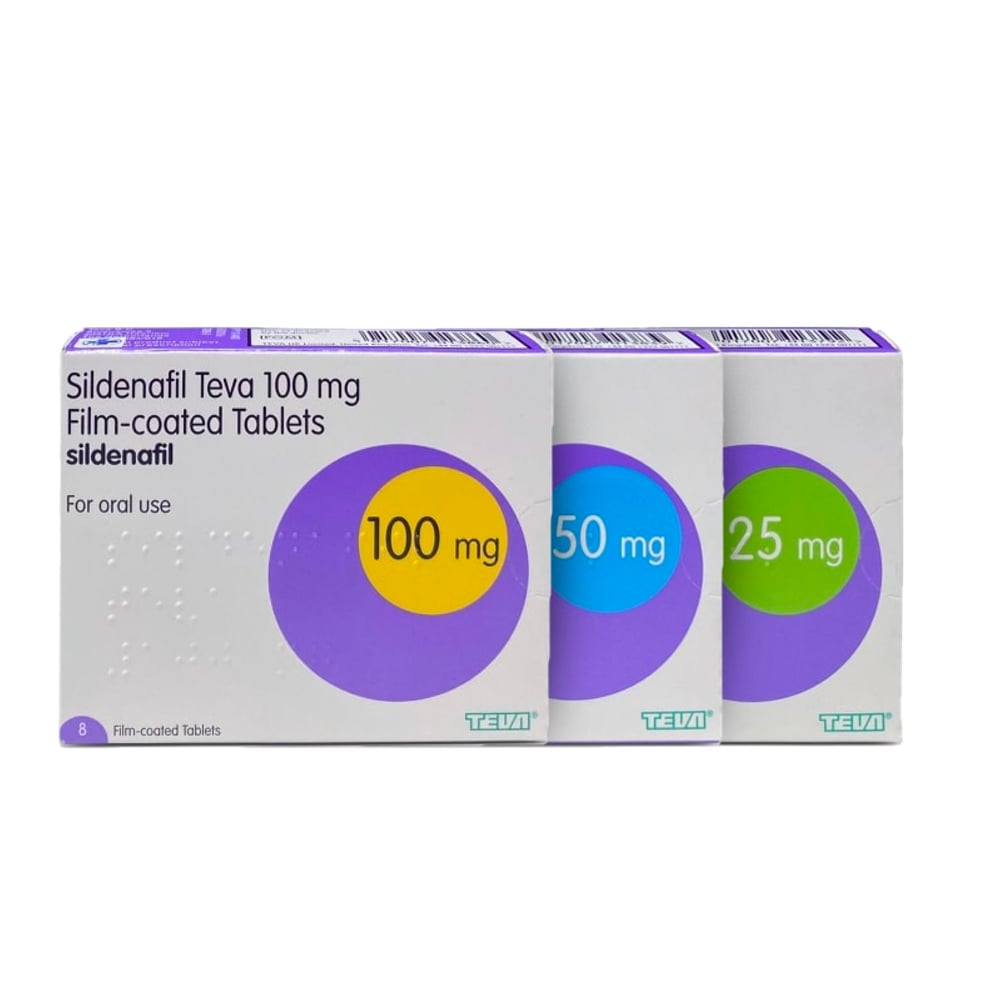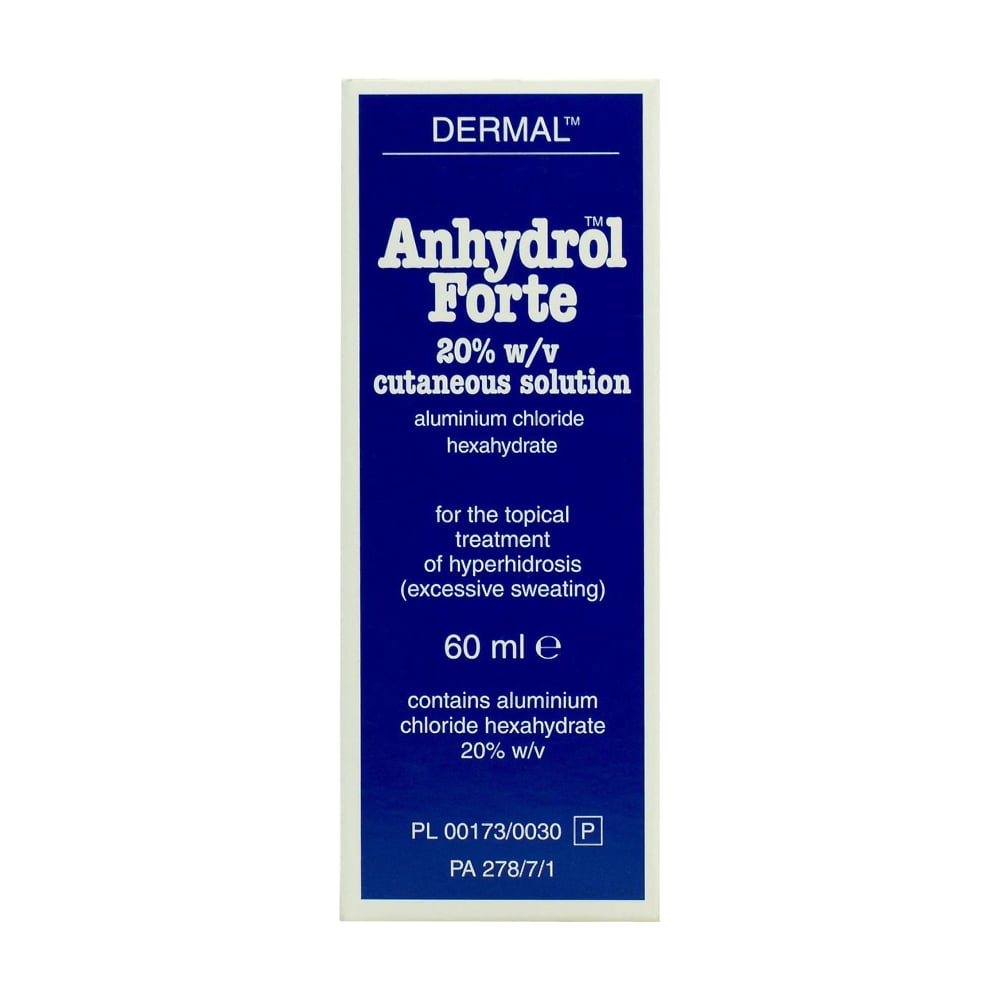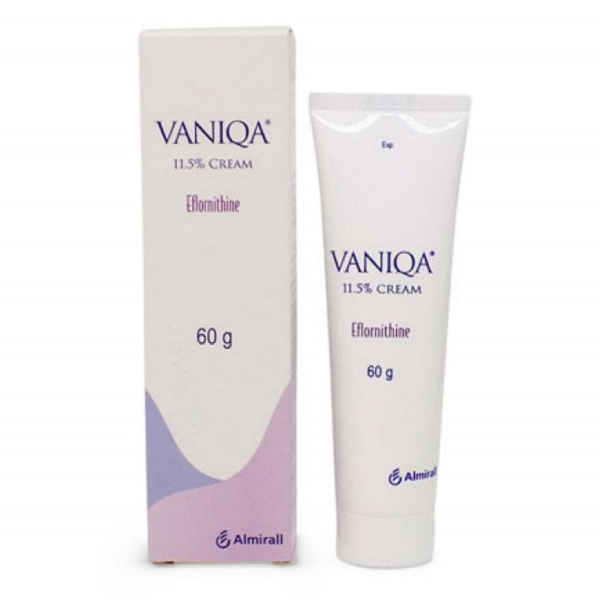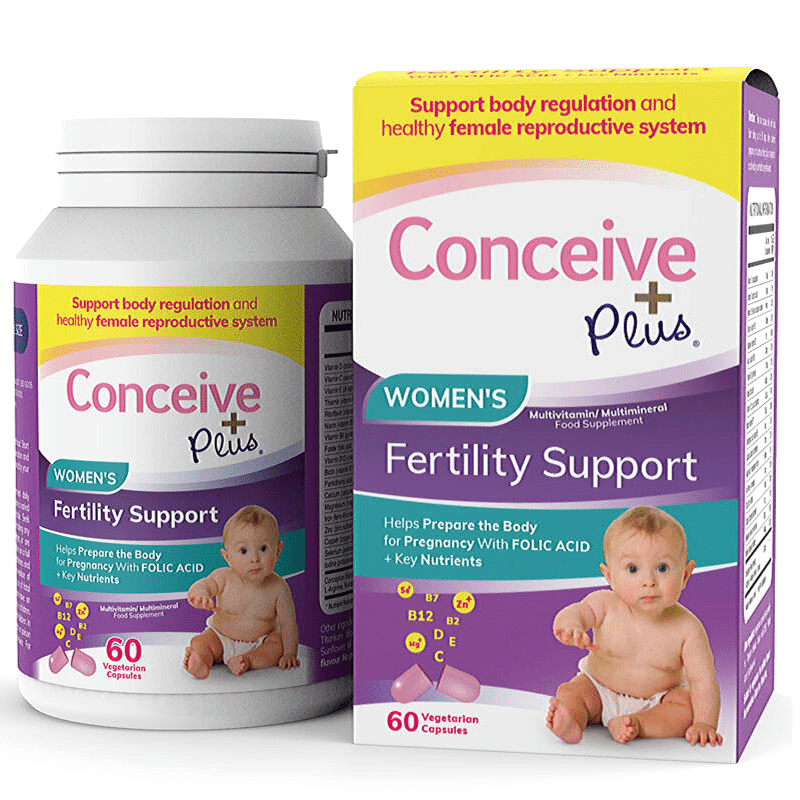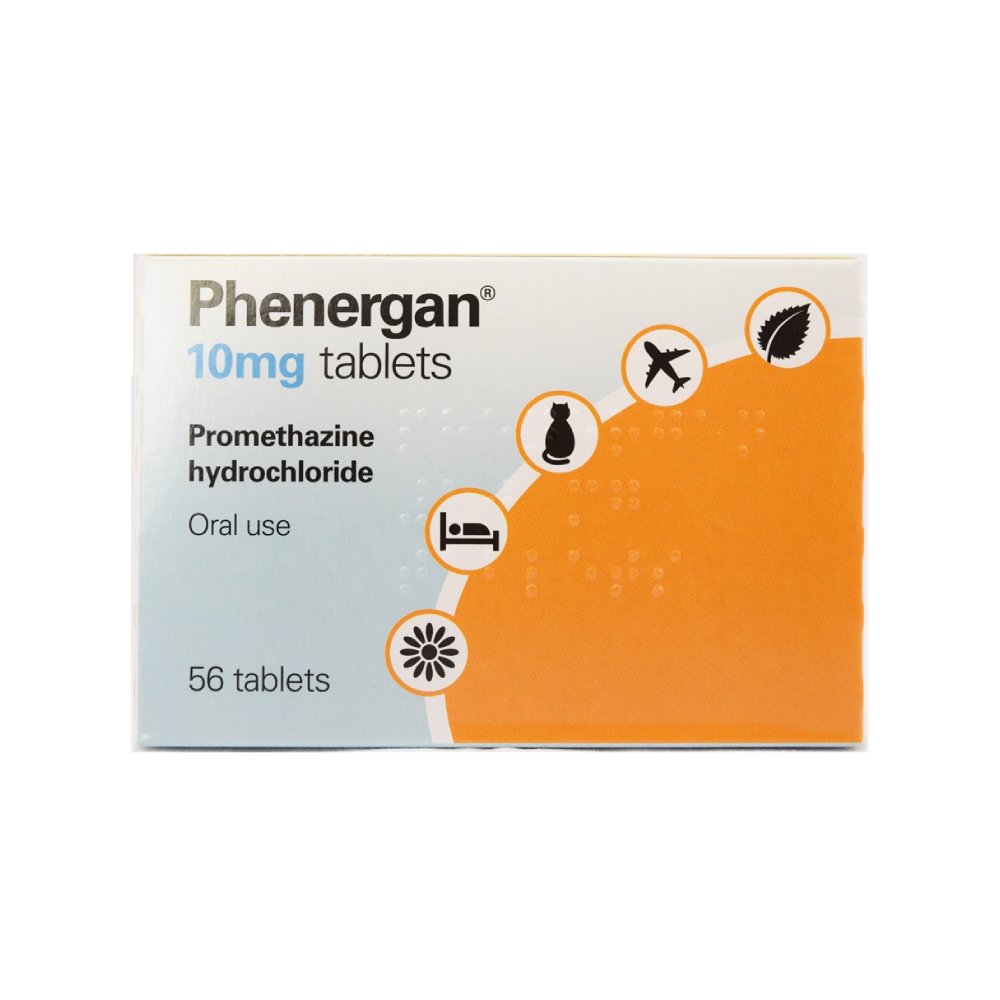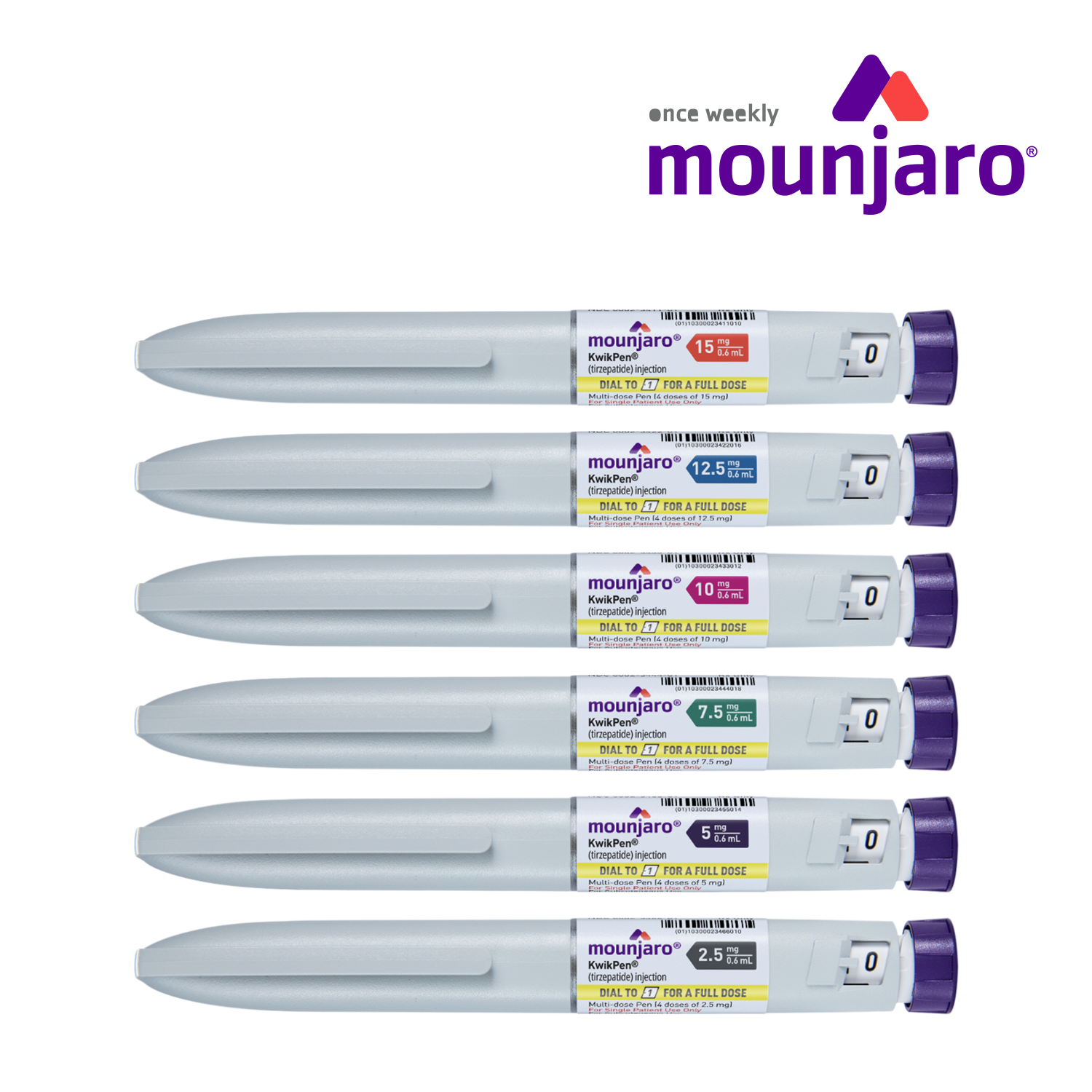Low Testosterone
Low testosterone, sometimes referred to as low T, is a condition that affects hormone levels in men and can lead to symptoms like fatigue, reduced libido and mood changes. … Read More See less
While testosterone levels naturally decline with age, some men can experience a drop that impacts their daily life and wellbeing. If you're concerned about low testosterone, you're not alone - and there are options available to help manage symptoms, boost testosterone and support your overall health.
What does testosterone do for a man?
Testosterone is a hormone that plays a vital role in many aspects of male health. It helps develop and regulate:
- Sex drive
- Muscle mass
- Fat distribution
- Bone density
- Red blood cell production
It also supports mood and mental clarity, helping you stay focused and emotionally balanced.
Although testosterone is often connected to puberty and reproductive health, it continues to play a big part in men’s health as they get older too.
When levels drop, it can affect how you feel both physically and emotionally. So, maintaining balanced levels is important not just for physical performance and energy, but also for more general vitality and wellbeing.
What causes low testosterone?
Testosterone levels can naturally fall as men age, but there are other reasons you might experience low testosterone - also known as male hypogonadism.
It can be caused by problems in the testicles - where testosterone is made - or in the parts of the brain that control hormone production.
Let’s explore a few of the more common reasons for low testosterone in more detail.
Ageing
Testosterone levels tend to decline gradually from around age 30 onwards.
This is a natural part of ageing, but some men can experience a sharper drop that leads to more noticeable symptoms.
Medical conditions
Certain health conditions can impact testosterone production, including:
- Type 2 diabetes
- Obesity
- Chronic kidney or liver disease
- HIV/AIDS
- Klinefelter syndrome - a genetic condition
Injury or damage to the testicles
The testicles are where most testosterone is made, so any damage - such as from injury, surgery or cancer treatment - can reduce testosterone levels.
Medications
Some medicines can lower testosterone as a side effect, including:
- Certain opioid painkillers
- Chemotherapy or radiation treatments
- Statins
- Antidepressants
- Antifungals
Lifestyle factors
Everyday factors can also affect your hormone balance, such as:
- Excessive alcohol use
- Smoking
- Poor diet
- High stress levels
- Lack of sleep
- Lack of exercise or physical activity
In some cases, the cause isn’t clear - but if you’re noticing symptoms of low testosterone, speak to your doctor for advice and support.
Symptoms of low testosterone
Low testosterone can affect both your body and mind, though you may not experience every symptom and some may develop slowly over time.
Common symptoms to look out for include:
- Low sex drive
- Difficulty getting or keeping an erection
- Tiredness or low energy
- Loss of muscle mass or strength
- Increased body fat
- Mood changes, such as feeling low or irritable
- Sleeping problems
- Hair growth changes
- Loss of bone strength
How to increase testosterone naturally
By making a few simple lifestyle changes, you can help support your body’s natural testosterone production.
While results won’t happen overnight, getting into new and healthy habits can make a real difference over time.
Stay active
Lifting weights or performing bodyweight exercises such as HIIT workouts helps increase muscle mass - and that boost in muscle is closely linked to higher testosterone levels.
Eat a balanced diet
Focus on protein, healthy fats and carbs:
- Protein supports muscle growth
- Healthy fats like those from oily fish, nuts or olive oil help hormone production
- Whole grains and veggies provide the nutrients your body needs to work well
Prioritise quality sleep
Aim for 7–9 hours of uninterrupted sleep a night. Poor or irregular sleep patterns can interfere with your body's natural rhythm which affect hormone production but can be helped with short-term medication.
Manage stress levels
Try relaxation techniques such as meditation, breathing exercises or short walks to keep cortisol - the stress hormone - in check.
Lower stress can provide better conditions for testosterone production.
Keep a healthy weight
Excess body fat can affect hormone balance. Losing just a small amount of weight can help bring testosterone levels up, especially if you’re overweight.
Limit alcohol and smoking
Regular drinking and smoking can push testosterone down. Try to cut back to help support healthier hormone levels.
How does testosterone support work?
Testosterone support products are designed to help your body boost and maintain healthy levels of testosterone.
They usually come in the form of daily supplements that combine vitamins, minerals and herbal ingredients known to support testosterone production.
Some common ingredients include:
- Zinc – supports normal testosterone levels in the blood
- Vitamin D – plays a role in hormone regulation, especially in men with low levels
- Magnesium – helps reduce tiredness and fatigue
- Herbal extracts like fenugreek, ginseng or ashwagandha are often included to support libido, energy and mood
You’ll find these blends in some all-in-one products such as Numan’s Testosterone Support capsules. You can find a wide range of testosterone supplements, often combining ingredients listed above, in tablet or gummy form.
Are testosterone supplements right for me?
Testosterone supplements can be a helpful option for some, but they’re not for everyone.
Here are a few questions to ask yourself before trying them:
- Have you noticed ongoing tiredness, low mood or reduced sex drive?
- Are you looking for a natural way to support your energy and performance?
- Are you already living a healthy lifestyle, eating well, exercising and sleeping enough?
- Have you ruled out any underlying medical conditions with your GP?
- Are you taking any medications that might interact with supplements?
If you’re unsure, it’s always best to speak to a doctor or pharmacist first - especially if your symptoms are affecting your daily life. They can help you decide whether a supplement could help or if further testing or treatment is a better option.
What is Testosterone Replacement Therapy?
Testosterone Replacement Therapy (TRT) is a medical treatment used to raise low testosterone levels in men who have been diagnosed with a hormone deficiency.
It’s usually prescribed when symptoms are more severe and a blood test confirms that testosterone levels are below normal.
TRT helps restore hormone levels to a healthy range, which may improve your energy levels, sex drive, mood and muscle strength.
It’s available in several forms, including gels, patches, injections, and tablets.
Because TRT is a prescription treatment, it’s only available after you’ve been assessed by a doctor.
If you think you might have low testosterone or you’ve tried other options that haven’t worked, your GP can arrange the necessary tests and talk you through your options.
Are there any side effects?
Like all medicines, TRT can cause side effects in some people. These may include:
- Oily skin or acne
- Headaches
- Increased red blood cell count
- Painful erections
- Changes in mood or sleep
- Weight gain
TRT isn’t suitable for everyone, especially if you have certain health conditions like prostate cancer.
If you start TRT treatment, it’s important to have regular check-ups so your doctor can monitor your progress and adjust your dose if needed.
Sources
- https://my.clevelandclinic.org/health/diseases/15603-low-testosterone-male-hypogonadism
- https://www.mayoclinic.org/diseases-conditions/male-hypogonadism/symptoms-causes/syc-20354881
- https://www.bupa.co.uk/newsroom/ourviews/low-testosterone-men
- https://www.nhs.uk/conditions/klinefelters-syndrome/
- https://obsidianmenshealth.com/what-medications-cause-low-testosterone/
- https://valehealthclinic.co.uk/lifestyle-changes-to-boost-testosterone-levels-naturally/
- https://www.healthline.com/nutrition/8-ways-to-boost-testosterone#diet
- https://www.medicalnewstoday.com/articles/testosterone-booster#are-they-safe
- https://www.sciencedirect.com/science/article/abs/pii/S0946672X22002048
- https://www.news-medical.net/health/The-Role-of-Vitamin-D-in-Hormonal-Balance.aspx
- https://www.numan.com/supplements/deficiencies/numan-testosterone-support-all-you-need-to-know
- https://my.clevelandclinic.org/health/treatments/testosterone-replacement-therapy-trt
- https://www.kch.nhs.uk/wp-content/uploads/2023/01/pl-934.1-testosterone-replacement-therapy.pdf

Free delivery when you spend over £30

100% discreet delivery for every item ordered

Fully regulated UK pharmacy
What causes low testosterone?
After the age of 30, your testosterone levels naturally decrease each year, but you may only experience symptoms when you become much older.
There are other reasons why you might have a low testosterone count, for example, if you have an inherited condition, an inflammatory disease, HIV, are taking certain medications, are obese, have had an injury to the testicles, or have had cancer treatment.

